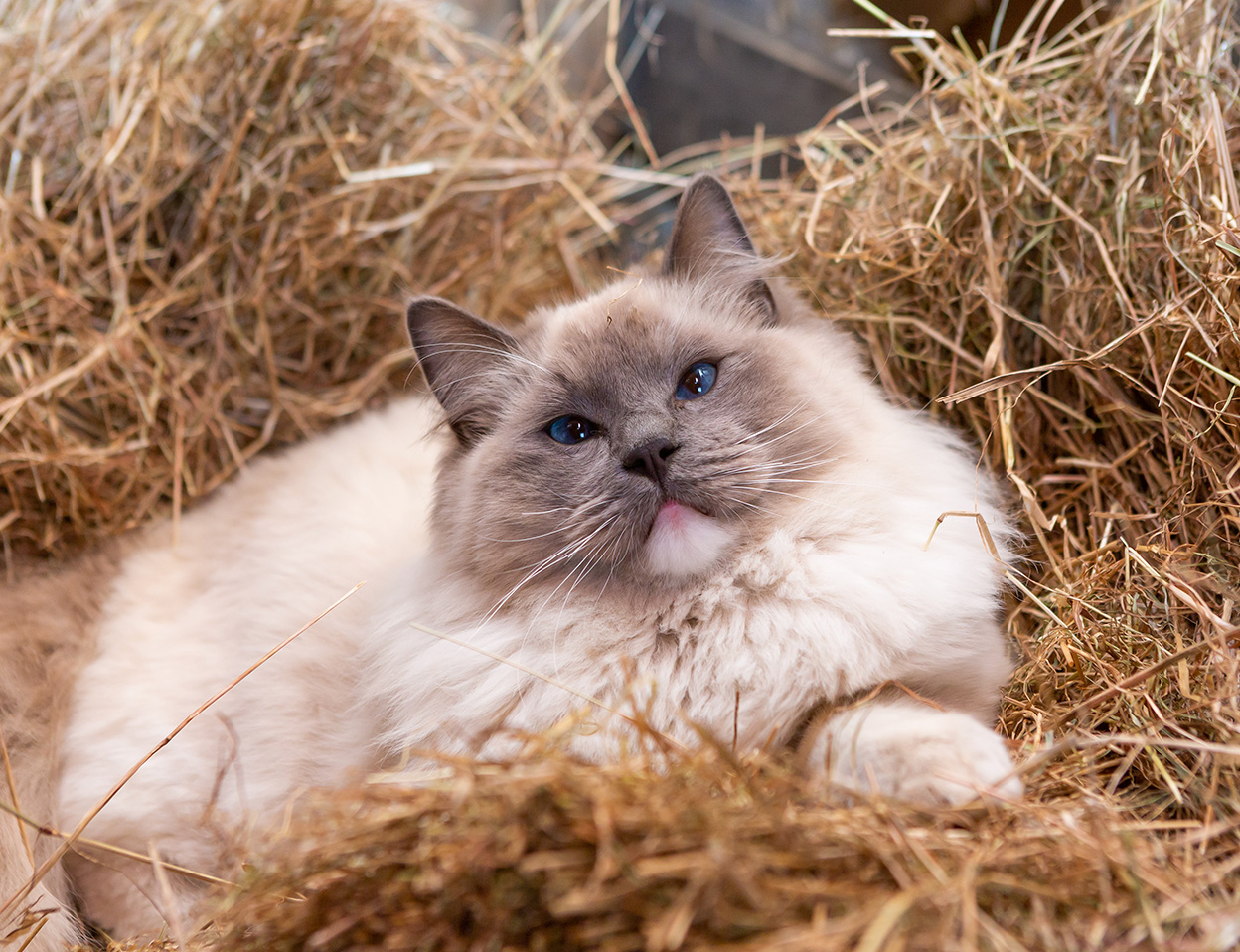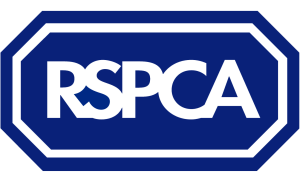Healthcare for your pets
- Check your pet for signs of injury or illness every day.
- Maintain appropriate parasite control for your pet.
- Take your pet for a routine health check at least once a year.
- Think about getting your pet neutered or speyed.
- Only use medicines that have been prescribed for your individual dog.
- Make sure your pet’s coat is kept in good condition by grooming regularly.
When choosing a family pet for the first time, there are so many questions to be considered – for example, what type of pet to purchase, where to get them from, and how having a pet will benefit the younger members of the family.
Thinking about getting a new pet is a big responsibility and a lot of thought should be given before making any decisions. You should ask yourself the following questions:
- Am I going to be able to give it enough attention during the day or will it be spending too long alone to be properly looked after?
- Have I got suitable facilities for the animal – are there areas indoors where it can “wee” and “poo” on the floor without ruining good floor coverings? Is the garden safe and secure? Are there other animals in the house (e.g. cats) that may cause a problem? Is there somewhere suitable for them to sleep and feel safe?
- Are my surroundings suitable – for example keeping a dog is difficult if you do not own a garden. Keeping a cat may be difficult if you live on a main road.
If you have decided on a species (i.e. dog, cat rabbit etc.) it is also very important to consider what breed you want to get. Each and every breed is different and often comes with its own set of pro’s and con’s. When choosing a pet you should think about the characteristics that make up the breed. (Although most of the below applies to dogs, the same applies to all species.)
- How big will it grow? Have I got the space for a large animal or would a smaller one be more suitable?
- What will I want to do with the pet? A Yorkie would not do well as an outdoor dog, nor would you expect a British Bull dog to climb Snowdonia with you.
- What is the breed originally designed for? Don’t be surprised when your Labrador retriever retrieves things. Don’t be surprised that your greyhound chases things. Don’t be surprised if your German Shepherd is protective and guarding.
- What inherited conditions does the breed have? Purebred pedigrees tend to have more inherited conditions than the average Heinz 57. Are you aware of your chosen breeds’ inherited conditions so you know what to look out for?
- Do I want to show it? Does it meet the correct criteria for showing rules – e.g. is it entire or has it been castrated?
- How will I manage it on a day-to-day basis and in the future? For example, you may find a long haired cat difficult to groom daily if you are on your own. Will you still be able to take a big dog out for long walks in 10 years time or would a smaller dog be more suitable?
So far, all we’ve talked about is dogs and cats. What about other pets?
Rabbits are now the third most common pet in the United Kingdom and this figure is set to rise over the next few years. Guinea pigs, hamsters, rats and chinchillas are also very popular – to name but a few. These “small-furries”, birds and the reptiles are often called the Exotic Pets. Everything said so far in this section applies to these too – the responsibility of looking after “exotic” pets is just the same as for dogs and cats.Because they are small and often because they are children’s pets it is important to be extra careful when choosing and looking after these animals. Before choosing an “exotic” pet you need to make sure that you know enough about their requirements and husbandry. You will need to know what type of housing they have – is the heating and humidity suitable? What food should they have? Do they need special dietary additives? What about unusual requirements – for example, did you know that chinchillas need to bathe in dust regularly to maintain their coat?Again, have you got the time to give these animals the attention they deserve? It is no good having a rabbit that spends all its time in a hutch down the bottom of the garden that just has food given to it every day. These animals require daily handling and careful examination on a regular basis, as illness and disease is often a lot more subtle.
- Can I afford to look after the animal properly? Keeping any animal is expensive – some more than others.
- Are you able to afford the food, vets fees and other miscellaneous costs that are necessary for a pet? Often the bigger the animal is, the more expensive it can be – they usually require large amounts of food and if needing treatment will need larger quantities of drugs.
- Who is going to look after the animal? Will it be one person’s responsibility or will it be shared. Children especially need to understand the responsibility of owning and looking after a pet animal.
- Are there suitable arrangements/facilities available to look after the animal if you are not going to be at home e.g. kennels when on holiday.
- How much do you know about looking after specific species? For example, if you want to get a pet snake, are you sure you are confident about how to look after it carefully – who will look after it when you are away?
A lot of information about getting a new pet is available. The vets and nurses are always willing to discuss with you any queries you have about keeping animals and the library is full of books about choosing and looking after animals – well worth a visit. Forewarned and prepared is forearmed and you will find the whole process of getting a new pet much more enjoyable if you are informed.
More information
Every person’s individual situation and circumstances are different. The vets and nurses are always more than happy to discuss any queries that you may have when choosing a pet. Why not rehome an unwanted pet.
Millbrook RSPCA pet rehoming centre near Chobham needs your help.If you are thinking of getting a new pet then why not take a look at those at Millbrook needing a loving home.
Puppies and kittens can be hard work. There are no two ways about it. The benefit of getting a young animal is that you effectively start with a “blank slate” and therefore can allow him or her to develop a suitable personality from a young age. However to get to this stage they require a lot of attention, patience and time. When getting a young animal it is important to try and see the environment that they have spent their time growing up in. For example, if a puppy has been kept in a corner of a shed all their life with little human contact – it will come as no surprise that it will likely be nervous of people. If a dog has grown up never seeing a cat before – don’t be surprised when it wants to investigate your family cat when it gets home! It is also advisable to try and see the parents as well. This will give you a certain idea as to what your young pet will look like when its grown up – young puppies tend to look very similar. There are big differences between a Yorkshire Terrier and a Great Dane!
Getting an older or rescue animal should always be considered when wanting to obtain a new pet and everything in the section above applies here as well. Unfortunately, there are always numerous animals across the country that are homeless and these often make very good and loving pets. It is not true that rescue dogs or cats are always “easier” than getting a puppy or kitten but there are certain advantages;
- They are often already house trained.
- They are often trained to a certain extent.
- They are often more accustomed to being left alone for certain lengths of time.
- They are often fully grown and developed – what you see is what you get.
- You can view and visit before you decide.
Most rescue centres have a system by which they will assess if you are suitable for the animal. This is not always the case! For example a dog afraid of men would not be suitable to be re-homed as a football team mascot!
Most rescue animals actually don’t come with “issues” and the enjoyment and satisfaction found from re-homing an animal is often tremendous and usually mutual!
Instructions prior to admission
Food and Water
To ensure a safer anaesthetic your pet needs to be starved for 12 hours prior to surgery. This is to ensure the stomach is empty and there is no risk of regurgitation or inhalation during the anaesthetic or recovery.
- A meal should be provided no later than 9pm the evening before.
- Water must be provided overnight but taken away in the morning before your scheduled appointment
- No milk should be given
- No treats
- No oral medication the morning before surgery unless instructed to by your veterinary surgeon.
Cats
Are best kept in overnight (with a litter tray) to prevent them going out and disappearing or catching themselves some breakfast!
Dogs
Should be walked on a lead prior to arriving at the surgery. Please do not take dogs for a lengthy walk through muddy fields before arriving at the surgery. (We like them to stay as clean and dry as possible).
Rabbits
Are exceptions and should have food and water left available until admission. Please bring a small amount of food for them.
Step-by-step
Check In
For non-emergency surgery, we admit your pet between 8.00 – 8.30am. We ask you to read and sign a consent form giving us permission to operate on your pet. Your pet will be weighed, and then checked thoroughly by our experienced veterinary team prior to any procedure.
Pre-med and anaesthetic
We give an injectable pre-medication to settle your pet, along with a pain killer and anti-inflammatory injection. Once the pre-med has taken effect we administer the anaesthetic injection agent usually into the vein in the front leg. Once your pet is asleep an endotracheal tube is placed down the throat to facilitate breathing – the gases administered are pure oxygen and an anaesthetic gas to keep your pet asleep. We use state of the art monitoring equipment, and have highly trained nurses to monitor the anaesthetic whilst the vet performs the procedure.
The Operation
The surgical site is clipped and scrubbed with a surgical solution, and the surgery is then performed. Procedures can take anywhere between 15 minutes and 3 hours depending on what level of intervention is necessary – from simple castrations to complex orthopaedic or soft tissue operations.
Waking up and aftercare
Once the surgery is finished we will slowly and carefully allow your pet to wake from their anaesthesia. Your pet is continuously monitored until they are ready to be returned to their bed, where they will continue to be monitored until home time.
- We usually ask you to phone in at around 1-2 o’clock, to see how your pet is getting on and let you know what time they should be ready to be picked up.
- We will keep your pet here until we are happy he has recovered fully from his anaesthetic. When you come to collect your pet they will be discharged by one of our vets and/or nurses who will go through all post-operative care and answer any questions you may have.
Post-op Instructions
Your pet can have a light meal on the evening of surgery. Do not be concerned if they do not want to eat right away. You must remove food if any vomiting occurs. Normal food can be fed the following day. Offer normal amounts of water.
Keep your pet in a confined area away from other pets and children for a day. Do not place them in a high place (bed, sofa, etc). Rest is essential for healing.
Your pet may appear drowsy; this is because of the anaesthetic and should wear off during the next 24-48 hours.
Your pet may cough occasionally following their procedure. This is because a soft tube was placed in their windpipe to help them breath during the anaesthetic. If a cough is present it will normally resolve over a number of days.
If any medication has been prescribed please start this the following day (unless instructed otherwise). Any anti-inflammatories (pain relief) must be given with food (unless instructed otherwise)
Please check the wound at least twice a day, a small amount of redness and swelling is normal. Wounds should be clean and dry and free from odours. A small amount of blood around the incision is normal immediately following surgery. Please do not attempt to clean the wound unless instructed otherwise.
Do not bathe or let your pet get wet for 7 days.
A clipped area may be present on one or both of your pet’s forelegs, this is where the anaesthetic was injected. A little bruising in this area is not unusual and will recede with time. The hair will usually grow back in 4-6 weeks.
It is very important that any stitches are protected from licking. If you cannot stop your pet from licking we recommend an E-collar or Pet vest. Please call us if you have any concerns regarding the appearance of the skin wound(s). Emailing us good quality photos is often very helpful.
If your pet is wearing an E-collar, prepare for them to react negatively at first. It usually takes 24 hours to get used to the collar, but then they are usually quite accepting of them.
We expect your pet to urinate within 24-48 hours of going home, and to defecate within 4-5 days. If this does not happen, or you notice straining without passing of anything, please phone for advice.
If your pet is repeatedly sick or becomes excessively lethargic please contact the surgery.
Dogs must be kept on a lead and discouraged from running, jumping and rough play until the stitches have been removed.
Cats must not be allowed to jump onto or down from work surfaces/window sills.
Stitches are normally removed 10-14 days after the operation. Please organise an appointment to have the wound checked and any stitches removed before leaving the clinic.
If you have ANY worries, please call the surgery on 01483 610292 or email us at info@theguildfordvet.co.uk
Please see below for our Easter opening hours:
Good Friday – 1000-1200
Saturday 30th March – 0900-1600
Easter Sunday – CLOSED
Easter Monday – 1000-1200
Tuesday 2nd April – 0800-1900
On Good Friday and on Easter Monday, we will be running “Sunday Surgery” consulting hour.
On Saturday 30th March from 7pm, we will be diverting our emergencies to Vets Now in Guildford to allow our staff to have time with the loved ones. From 9am on Easter Monday, we will resume out own Out of Hours Service.
We hope you all have a peaceful Easter with your loved ones x
Pet Advice

PALLIATIVE CARE
Palliative care refers to the treatment and management of the clinical signs of a disease without necessarily attaining a cure. In palliation, the primary goals are to stabilise the condition, minimise pain, discomfort and stress, provide supportive care and comfort, and thereby return to an improved quality of life.
Palliative care is relevant for all chronic diseases, whether curable or not and makes a very real difference to the quality of life and thus lifespan.

EUTHANASIA
Making the decision to euthanise, or “put to sleep” your beloved pet is one of the most difficult and painful decisions you will make in your pet’s lifetime. Euthanasia however, is considered an act of kindness when your pet is suffering and not able to enjoy an acceptable quality of life.
We are here to assist you through the decision-making process. We offer pre-euthanasia assessments where we spend time discussing your pet’s health and the balance between what gives pleasure and what contributes to a poor quality of life.


